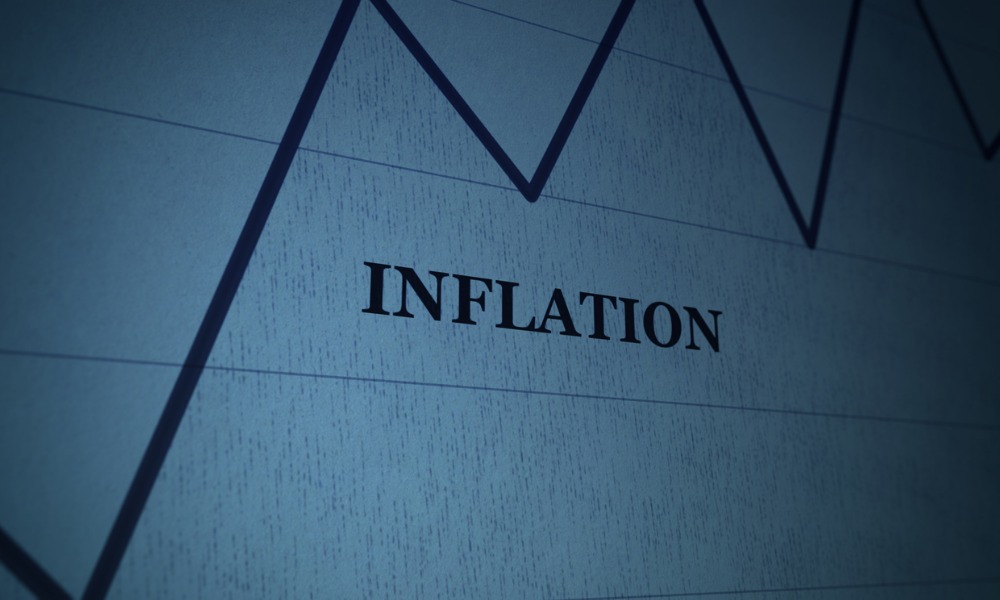It's currently at its softest level in nearly three years, bank says

A weaker loonie, especially against the US dollar, might end up inflaming import prices – in turn reversing the moderating trend currently apparent in Canadian inflation, according to RBC Economics.
At present, the Canadian dollar is at its softest level in nearly three years, RBC warned.
“Throughout much of 2022, rising uncertainty about inflation, economic growth and the war in Ukraine sent the greenback soaring,” the bank said in a new report. “Meantime, the gap between key policy rates in Canada and the US widened as the Fed continued its hiking cycle while the Bank of Canada announced a conditional pause.”
And while higher import prices might be fine in non-crisis periods, “with inflation flying high already, the concern is that a weaker CAD could worsen the burden of high prices,” RBC said. “This could in turn push the BoC to follow the US Fed by resuming rate hikes.”
However, other factors might help insulate the Canadian economy from the effects of these currency dynamics – in particular, Canada’s status as a primarily services economy.
“The OECD estimates that 80% of the value of total goods and services consumed (spending from households, government, and non-profit institutions) in Canada is produced domestically,” RBC said. “Over half of those expenditures are on services (things like rent, education, and childcare) that aren’t typically traded across borders.”
Such expenses are not likely to be directly affected by loonie-greenback fluctuations, RBC said. Instead, policy makers should focus more on the potentially inflationary impact of sustained demand.
“In the latest Bank of Canada survey on consumer expectations (for Q1 2023), more consumers reported lower spending, particularly on discretionary services, as higher prices and borrowing costs increasingly squeezed their wallets,” RBC said. “If that holds, we expect improvements in domestic price pressures, regardless of where the Canadian dollar might end up.”



